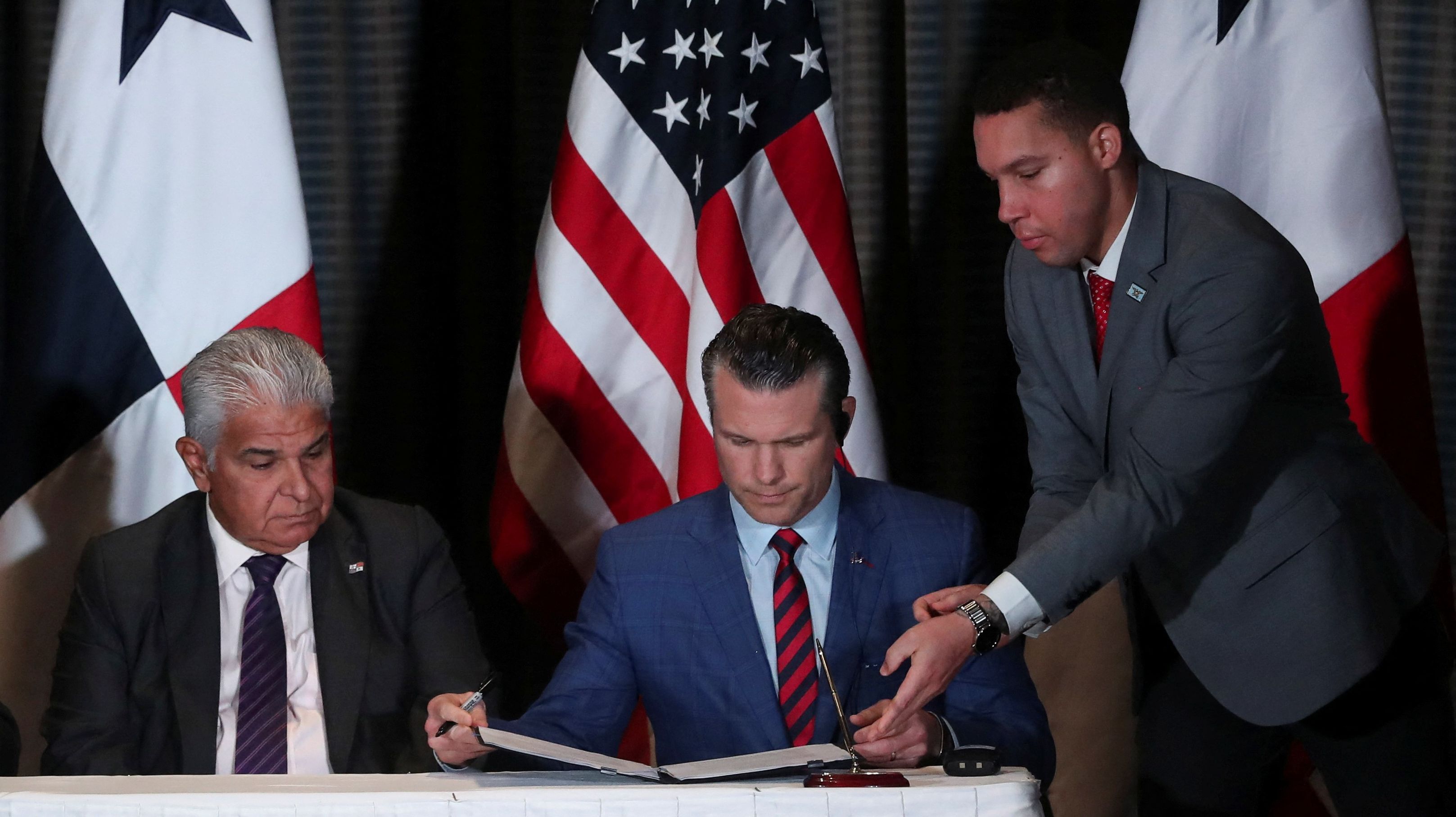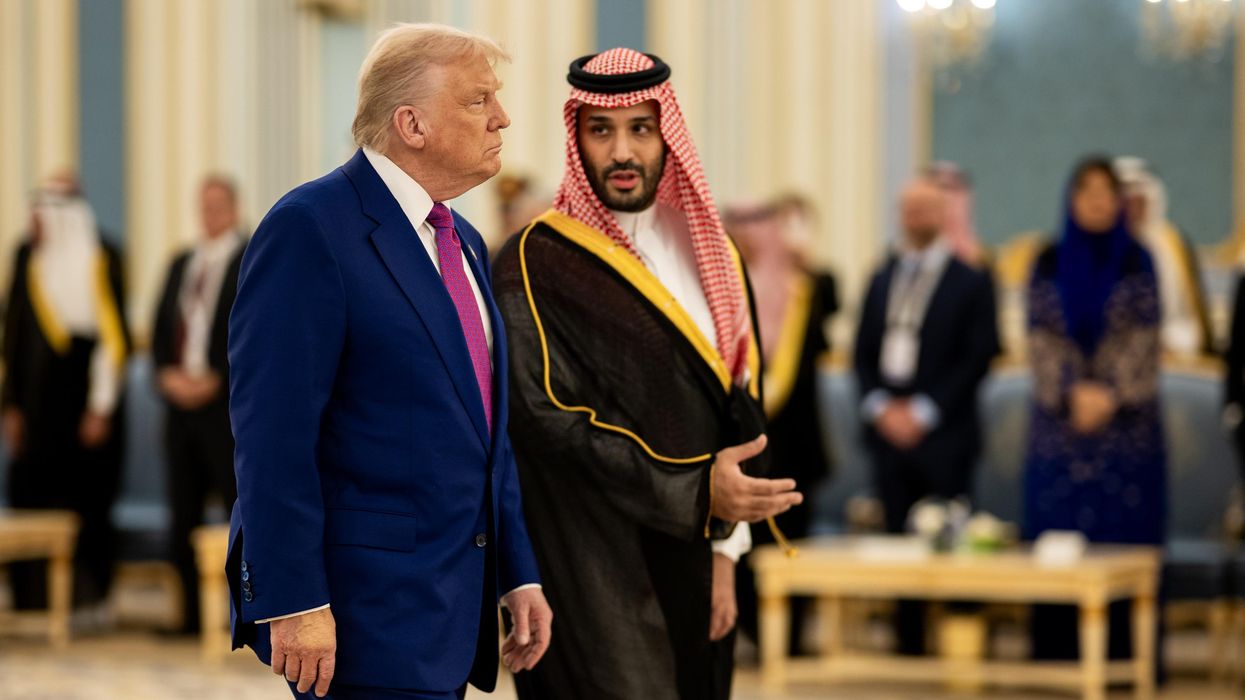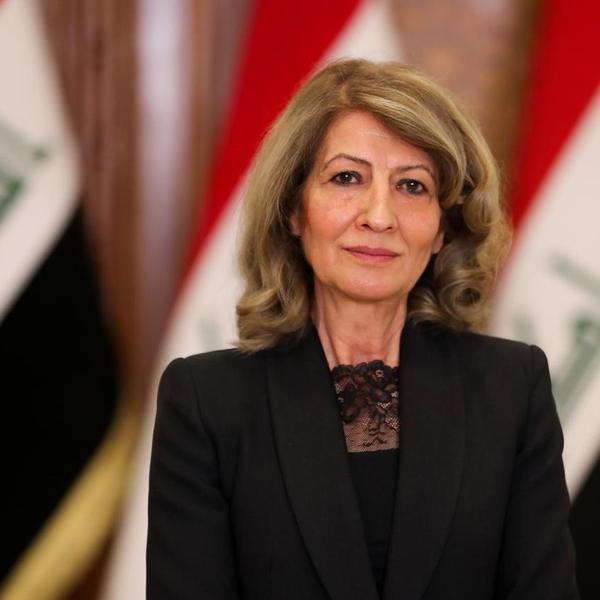U.S. troops are now set to deploy near the Panama canal for military training, exercises and "other activities,” as per a new joint deal with the Panamanian government.
The deal, seen by AFP on Thursday, comes as an apparent concession to President Trump, who has repeatedly threatened to retake the major global trade route from Panama if it failed to reduce or axe fees it charged to American vessels passing through there.
“We’re going to take [the canal] back, or something very powerful is going to happen,” Trump alleged in early February.
Notably, the deal walks back previous assertions by Hegseth, who posited on Wednesday that the U.S. could, “by invitation,” even “revive” military bases previously used in Panama to “secure [its] sovereignty.” Instead, American troops will be deployed to Panama-controlled facilities — though some of these facilities will be American built-ones, erected in Panama decades ago when it still occupied the canal zone.
“Panama made clear, through President Mulino, that we cannot accept military bases or defense sites,” Panama’s security minister, Frank Abrego, explained in a Wednesday appearance with Hegseth.
Critically, the U.S. military deal advances amid uncertainties regarding Washington’s recognition of Panamanian sovereignty, thrown into question by Trump’s repeated calls to “take back” the canal since returning to office.
A Spanish-language version of an April 8 joint U.S.-Panama statement said that Hegseth “recognized the leadership and inalienable sovereignty of Panama over the Panama Canal and its adjacent areas.” The English version of the joint statement, however, does not contain the same assertion.
And when asked about the U.S. recognition of Panamanian sovereignty on Wednesday, Hegseth sidestepped the question, framing it about protecting Panama from other “malign influence.” “We certainly understand that the Panama Canal is in Panama, and protecting Panamanian sovereignty from malign influence is important,” he said. Leaving Panama, however, Hegseth told reporters that "we certainly respect the sovereignty of the Panamanians and the Panama Canal."
Hegseth likewise alleged on Wednesday that the U.S. is “taking back the canal from Chinese influence. That involves partnership with the United States and Panama.” Such comments, notably, are made in tandem with a quickly escalating tariff-sparked trade spat between the U.S. and China.
In early March, Trump previously lauded plans for a consortium led by controversial U.S. asset manager BlackRock to buy key Panama Canal ports; these plans may be tripped up as Hong-Kong based port investor CK Hutchinson, who was to sell ports to Blackrock, has come under fire over unpaid fees and its lack of relevant clearances for some of the ports.
Controlling the region surrounding the canal since 1903, the U.S. had returned the canal to Panama in 1999. And now, it seems, some of that influence, in the form of U.S. military is creeping back.















